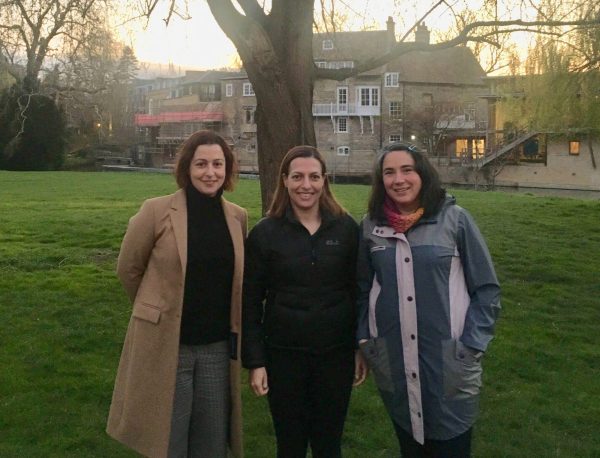StepWideStepWide showcases the profiles of early career cis and trans women researchers from the University of Cambridge, UK.
You can perform a query by List View, Categories and Keywords.
You can click in any of the research categories and subcategories below to retrieve
a subset of researchers with expertise on the field. The List View will show you a list of the researchers in the website and the researcher categories
linked to each one of them. Alternatively, view all the keywords linked to the researchers by looking into the Keywords.
Click on any of the researchers to see a full description of their profiles.
Agricultural Sciences Animal Science Biochemistry Chemistry Clinical Medicine Environment/Ecology Immunology Microbiology Molecular Biology & Genetics Neuroscience & Behavior Pharmacology & Toxicology Plant Science Computer Science Engineering Geosciences Materials Sciences Mathematics Physics Space Science Anthropology Arts Economics & Business History Humanities Political Science Psychology Sociology

